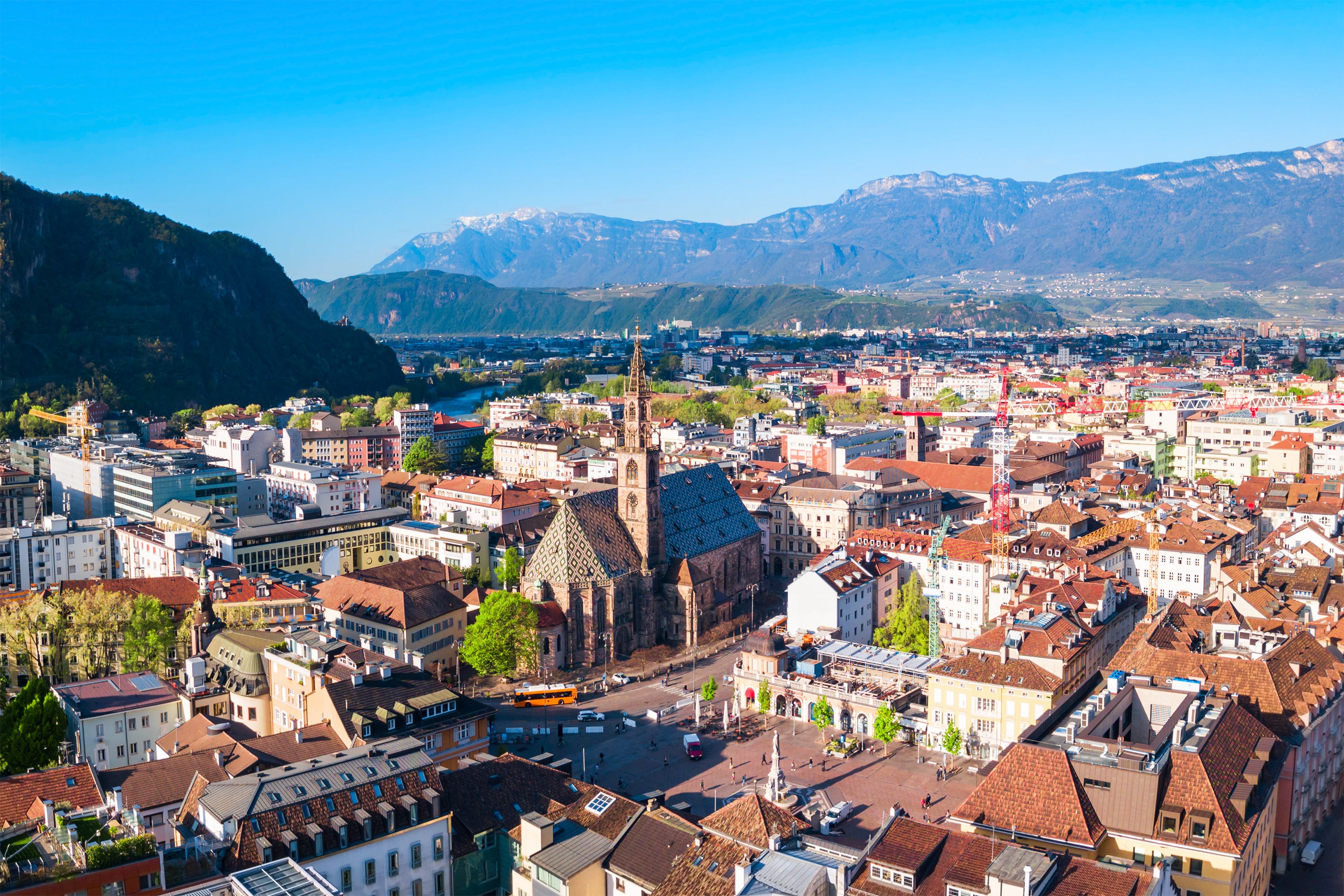Popular Italian destination caps tourists to prevent overcrowding
‘We reached the limit of our resources,’ tourist officials said

Your support helps us to tell the story
From reproductive rights to climate change to Big Tech, The Independent is on the ground when the story is developing. Whether it's investigating the financials of Elon Musk's pro-Trump PAC or producing our latest documentary, 'The A Word', which shines a light on the American women fighting for reproductive rights, we know how important it is to parse out the facts from the messaging.
At such a critical moment in US history, we need reporters on the ground. Your donation allows us to keep sending journalists to speak to both sides of the story.
The Independent is trusted by Americans across the entire political spectrum. And unlike many other quality news outlets, we choose not to lock Americans out of our reporting and analysis with paywalls. We believe quality journalism should be available to everyone, paid for by those who can afford it.
Your support makes all the difference.An Italian region has imposed a cap on tourist numbers to prevent overcrowding.
Autonomous region Alto Adige (or South Tyrol) in northern Italy will limit the number of overnight visitors to figures seen in 2019.
There were 34 million overnight visitors to the area during 2022.
Alto Adige borders both Austria and Switzerland, is set among the Dolomites and has a population of both German and Italian speaking residents.
The region includes Bolzano (or Bozen), the province’s capital city.
Bolzano provincial council member and tourism official Arnold Schuler, who proposed the new legislation, told CNN: “At certain times of the year and in certain areas, it became a lot.
“We reached the limit of our resources, we had problems with traffic, and residents have difficulty finding places to live.”
The law was enacted in September 2022 and there are now just under 230,000 guest beds which have been officially approved to fit within the newly capped number – the same number as pre-pandemic.
There is also a ban on any new accommodation opening unless another venue closes. That restriction includes Airbnb accommodation too.
Local businesses have been given until 30 June to record their 2019 accommodation figures, including sofa bed usage, to ensure official numbers are correct.
Mr Schuler added: “The tourism sector is very important for us, for jobs and the economy, but we had reached the limit, so we took these measures to guarantee a better management of the flow of people, and to guarantee lodging for tourists.
“Tourists come here to hike and to see beautiful places, not to find themselves in a traffic jam.”
Measures have been put in place to to support small businesses, and there are to be an extra 7,000 guest bed slots, which the authorities can assign where needed to any accommodation hosting fewer than 40 guests.
An additional 1,000 guest beds have also been allocated for future authorisation should a business want to offer accommodation in a part of the region which has a lower overnight visitor count.
Restrictions have also been imposed on day trippers, with a reservation now required to visit key tourist spots including Alto Adige’s glacial lake Lago di Braies.
“You have to register to go to the lake, but that way you’re guaranteed access and we won’t have too many people there,” Mr Schuler said, adding that officials will implement a reservation system in other areas of the region where needed too.
Join our commenting forum
Join thought-provoking conversations, follow other Independent readers and see their replies
Comments